Hotel and Flight Booking App Development: Custom vs. Ready-Made Solutions
The way people travel has changed drastically in the last decade. According to Statista, over 70% of travelers worldwide now book their trips online, and mobile bookings are growing at a rate of 9.6% CAGR through 2030. Another report highlights that the online travel booking market will reach $1.1 trillion by 2030.
These numbers tell one thing clearly: the future of the travel industry lies in digital platforms, and hotel and flight booking app development is at the center of this revolution.
Whether it’s a business traveler booking a last-minute flight or a family securing holiday accommodations, booking apps have become the go-to tool for convenience, transparency, and efficiency. At Kuchoriya Techsoft, we help businesses leverage this booming demand by building powerful hotel and flight booking app solutions in New York, USA, that combine real-time functionality with seamless user experience.
For businesses in the travel sector, this opens up a massive opportunity. But the dilemma remains: should they invest in a custom travel app built specifically for their brand, or leverage ready-made travel booking solutions that are quick to deploy?
This blog explores both approaches in detail, helping you decide the right path for your business.
The Core Purpose
A flight and hotel booking app development serves as a digital marketplace where users can:
- Search for available flights and hotels.
- Compare prices and features.
- Book instantly with secure payments.
- Access real-time updates on availability, cancellations, or changes.
Key Stakeholders
- Travelers – End-users looking for convenience, transparency, and rewards.
- Hotels and Airlines – Businesses aiming for direct bookings, higher occupancy, and reduced dependency on third-party agents.
- Travel Agencies and Aggregators – Platforms like Expedia or MakeMyTrip are integrating multiple services into one ecosystem.
- Agents/Partners – Smaller operators plugging into a larger ecosystem via APIs.
Market Growth Insights
- 65% of global travel sales now happen online.
- In-app purchases for flight ticket booking app development companies are expected to grow by 12% year-on-year.
- Travel apps with AI-powered recommendations see 35% higher engagement and repeat bookings.
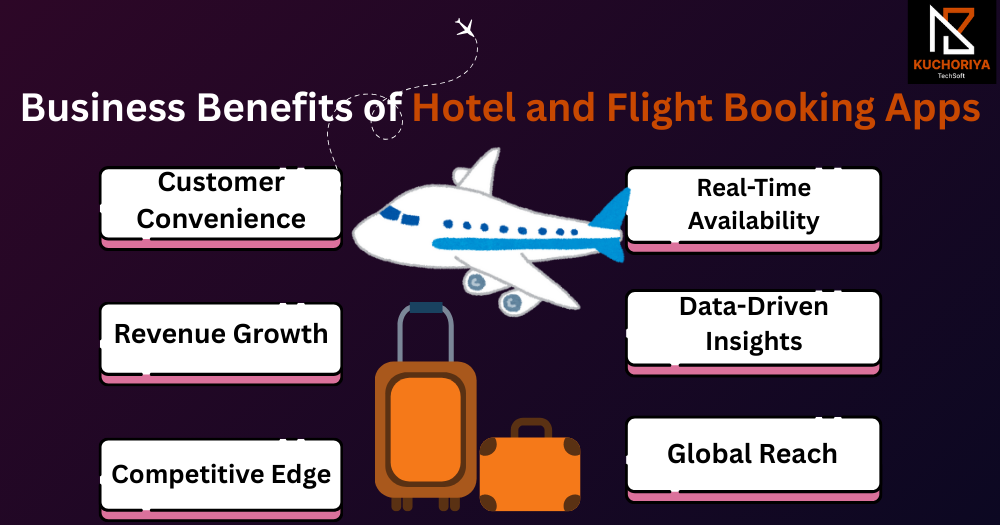
A well-designed travel booking app development strategy brings benefits not only to users but also to businesses:
- Customer Convenience and Loyalty: Mobile-first travelers prefer a smooth booking experience. Personalization and loyalty rewards build long-term trust.
- Real-Time Availability: Through APIs like Amadeus or Sabre, customers get accurate availability and instant confirmations.
- Revenue Growth: Beyond flights and hotels, businesses can upsell travel insurance, car rentals, and tours, boosting revenue per user.
- Competitive Edge: Companies with branded apps enjoy direct bookings, reducing reliance on OTA commissions.
- Data-Driven Insights: Travel apps allow businesses to analyze booking behavior and customer preferences. This data helps in refining pricing strategies, running targeted promotions, and improving customer retention.
- Global Reach and 24/7 Accessibility: Mobile travel apps in Milan, Italy let users book from anywhere in the world, at any time. This creates opportunities to capture a global audience and maximize revenue across time zones.
Read the Full Guide here: Hotel and Flight Booking App Development: The Complete 2025 Guide for Startups and Travel Businesses
A custom flight booking app development approach means building the application from scratch, tailored to your brand identity, business workflows, and long-term scalability. Unlike generic platforms, a custom-built solution gives businesses full control over features, integrations, and user experience, making it ideal for companies that want to differentiate themselves in a crowded travel market.
Advantages of Custom Development
- Tailored to Business Needs: Every travel business has unique requirements. A custom solution ensures features align perfectly with your goals, whether you’re a small travel agency, a large airline, or a hotel chain.
- Scalability and Flexibility: As your business grows, you can easily add modules like loyalty programs, AI chatbots, blockchain-based transactions, or corporate travel management systems.
- Unique Branding and UX: With custom UI/UX design for travel apps, you can deliver a seamless, branded experience that strengthens customer trust and sets you apart from generic OTAs.
- Data Ownership and Insights: Full control over your customer data enables advanced analytics, targeted campaigns, and better personalization, unlike ready-made solutions where vendors own the data.
- Enhanced Security: Custom solutions allow businesses to implement enterprise-grade security (e.g., biometric authentication, advanced encryption) to protect user transactions and comply with GDPR/PCI DSS.
- Third-Party Integrations of Choice: You’re free to integrate with any flight/hotel APIs, payment gateways, or CRM tools without restrictions, ensuring smooth operations tailored to your workflow.
- Long-Term ROI: Though initial costs are higher, a custom solution reduces dependency on vendors, avoids recurring licensing fees, and offers better profitability over time.
Challenges of Custom Development (with Solutions)
- Higher Initial Cost: Custom development demands significant upfront investment in design, development, and integration.
Solution: Start with a Minimum Viable Product (MVP), focusing only on essential features. Add advanced modules (AI, loyalty programs, blockchain payments) gradually as the business grows, spreading costs over time.
- Longer Development Time: A full-scale custom app may take 3–9 months to design, build, and test.
Solution: Use agile development methodologies to break the project into sprints. This ensures faster delivery of core features while additional modules roll out in later updates.
- Requires Skilled Team: Building a secure, scalable travel app requires expertise in mobile frameworks, API integrations, security, and compliance.
Solution: Partner with an experienced flight booking app development company like Kuchoriya Techsoft, which provides end-to-end teams (designers, developers, QA, API specialists).
- Ongoing Maintenance: Updates, bug fixes, and new feature rollouts add to long-term costs.
Solution: Set up a dedicated support and maintenance plan. Outsourcing maintenance to a specialized partner reduces cost while ensuring consistent app performance.
- Complex Testing and QA: Travel apps integrate multiple APIs (Amadeus, Sabre, Travelport), payment gateways, and geolocation services, making testing complicated.
Solution: Automate testing with CI/CD pipelines and maintain a QA checklist covering multiple devices, regions, and network conditions. This reduces manual errors and speeds up release cycles.
- Risk of Scope Creep: New requirements often emerge during development, inflating cost and timeline.
Solution: Define a clear Project Scope Document at the start and use Change Request Management processes to evaluate whether new features should be added now or in future updates.
- Slower Time-to-Market: Competitors using ready-made solutions may launch faster.
Solution: Roll out the app in phases. First, launch with core booking functionalities (search, booking, payments). Later, add advanced features like loyalty programs, AI chatbots, or VR previews to stay ahead in the long run.
Ready-made travel booking solutions are white-label platforms or pre-built apps designed to help travel businesses launch quickly without starting development from scratch. These apps already include essential booking features such as hotel search, flight reservations, and payment gateways. Businesses simply apply their brand logo, theme colors, and domain name to make it their own.
They are ideal for startups, small travel agencies, or businesses testing the waters, as they drastically cut down on development time and costs.
Advantages of Ready-Made Travel Booking Solutions
- Cost-Effective: With no need to hire a large development team, businesses can save significantly on upfront investment. Ready-made apps usually come with one-time licensing fees or affordable subscription models.
- Faster Deployment: Unlike custom development, which takes months, a ready-made travel app can be set up and launched within a few weeks, helping businesses capture opportunities quickly.
- Pre-Built Integrations: Most solutions come with popular hotel booking APIs, flight reservation systems (Amadeus, Sabre, Travelport), and secure payment gateways already integrated. This saves effort and ensures seamless booking experiences.
- Lower Technical Barriers: Businesses without strong technical expertise can still operate a travel booking platform. Vendors usually handle hosting, updates, and maintenance.
- Quick Proof of Concept (POC): Ready-made solutions are excellent for testing market demand. Businesses can validate ideas quickly before investing in a full-fledged custom flight booking app development.
- Reduced Maintenance Effort: Vendors manage bug fixes, API updates, and security patches. This means businesses can focus on sales and customer acquisition rather than tech hassles.
- Industry-Standard Compliance: Many ready-made apps are already built with GDPR, PCI DSS, and other compliance standards in mind, ensuring legal and data security requirements are met.
Limitations of Ready-Made Booking Solutions
- Limited Customization: UI/UX personalization options are often restricted to colors, logos, and themes. Unique feature requests may not be possible.
- Vendor Dependency: Businesses rely on the provider for updates, bug fixes, and feature upgrades. If the vendor discontinues support, it could create operational challenges.
- Recurring Costs: While upfront costs are low, monthly or yearly licensing/subscription fees add up. Over the long term, these costs may surpass the one-time investment of custom app development.
- Data Ownership Concerns: In some ready-made systems, the vendor controls customer data. This restricts your ability to run advanced analytics, AI-driven personalization, or independent marketing campaigns.
- Generic Features: Since multiple businesses use the same platform, apps often look and function similarly. This makes it harder to differentiate your travel brand.
- Integration Limitations: Not all ready-made platforms allow integration with third-party services like CRM tools, advanced analytics platforms, or loyalty management systems.
- Security Risks: As the same solution is shared across businesses, vulnerabilities in one deployment can affect all users. You’re dependent on the vendor to patch issues quickly.
Choosing between custom travel app development in Abu Dhabi, UAE and ready-made booking solutions can be challenging. Both approaches have distinct strengths and trade-offs in terms of cost, flexibility, and long-term ROI. To help businesses make an informed decision, here’s a clear side-by-side comparison of the two options.
|
|
|
|
|
|
|
|
|
|
|
|
|
|
|
|
|
|
|
|
|
|
|
|
|
|
|
|
|
|
|
|
As the table shows, ready-made hotel and flight booking apps in Rome, Lazio, Italy are best suited for startups and small agencies looking for a fast, budget-friendly launch. On the other hand, custom booking app development is the right choice for businesses aiming for long-term growth and stronger brand differentiation. Companies exploring options like Virtual CTO Services in Mississauga, Ontario, Canada can also gain valuable guidance in choosing the right path between custom and ready-made solutions.
At Kuchoriya Techsoft, we guide you through both paths, whether you want a quick white-label solution or a fully custom-built travel app tailored to your business vision.
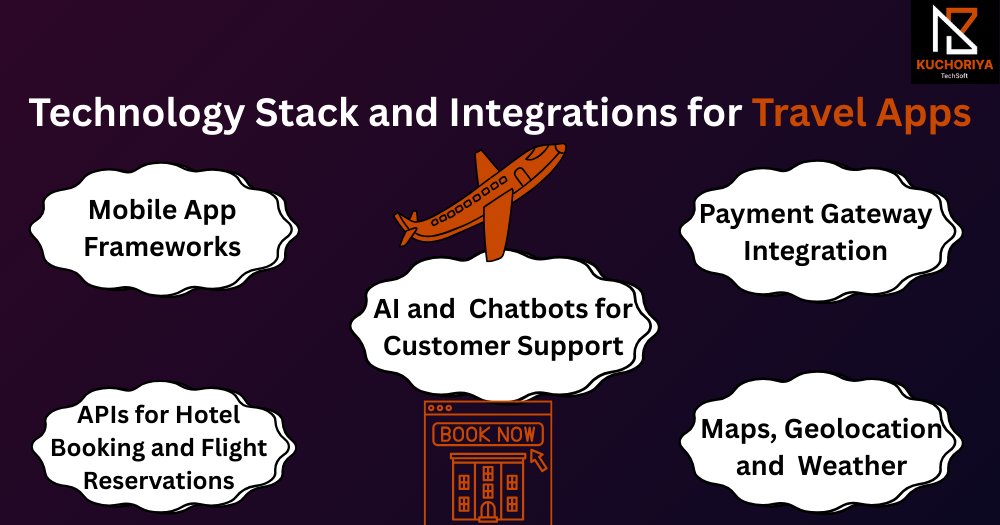
Building a hotel and flight booking app solution requires the right technology stack. Choosing wisely impacts app speed and long-term maintainability.
1. Mobile App Frameworks
- Native Development (Swift for iOS, Kotlin/Java for Android): Best for performance, security, and device-specific features like GPS, notifications, and biometrics.
- Cross-Platform (Flutter, React Native): Cost-efficient for startups, enabling a single codebase across iOS and Android.
- Hybrid (Ionic, Xamarin): Quick to build but less flexible for advanced travel-specific customizations.
2. APIs for Hotel Booking and Flight Reservations
Travel apps thrive on real-time availability, which requires strong API integrations:
- Amadeus: Popular for both flights and hotels; covers more than 700 airlines and 200,000 hotels.
- Sabre: Airline-centric with global coverage.
- Travelport: Best for multi-service apps (flights, hotels, car rentals).
- Booking.com/Expedia APIs: Useful for startups wanting access to pre-negotiated rates.
3. Payment Gateway Integration
Smooth payments are critical in flight ticket booking app development. Options include:
- Stripe, PayPal, Razorpay: Widely used and reliable.
- Apple Pay/Google Pay: Boosts one-click checkout convenience.
- Multi-Currency Support: Mandatory for global apps serving the USA, Dubai, Italy, France, or UK markets.
4. Maps, Geolocation and Weather
- Google Maps/Mapbox: Essential for hotel location visibility and airport navigation.
- Weather APIs: Provide real-time weather updates at destinations, improving user planning.
- Geotargeting: Personalized offers based on user’s current location.
5. AI and Chatbots for Customer Support
Artificial intelligence is becoming non-negotiable in custom travel app development in Toronto, Ontario, Canada:
- Chatbots: 24/7 query resolution, booking confirmations, and cancellation handling.
- AI-driven Recommendations: Personalized suggestions based on past searches and behavior.
- Dynamic Pricing: AI can adjust offers in real-time, increasing conversions.
The travel industry is complex, and so are its apps. Businesses must overcome multiple hurdles:
1. Handling Large User Traffic
- During peak booking seasons (summer, holidays), apps may experience 10x higher loads.
- A robust backend with cloud-based scaling (AWS, Azure, GCP) is critical.
2. Data Security and Compliance
- PCI DSS Compliance: Mandatory for payment processing.
- GDPR Compliance: Crucial for handling European travelers’ data.
- Data Encryption and Multi-Factor Authentication: Protect sensitive traveler details.
3. Managing API Dependencies
- Travel apps depend heavily on third-party APIs for flights and hotels.
- If APIs like Amadeus or Sabre face downtime, it directly affects bookings.
- Solution: Build failover systems and integrate multiple providers for redundancy.
4. Maintaining Cross-Device Performance
- Travelers access apps on smartphones, tablets, and desktops.
- Apps must deliver consistent speed and UI across all platforms, including low-network regions.
5. Customer Expectations
- Users expect instant confirmations, 24/7 support, and zero downtime.
- Any lag or cancellation issue can quickly push them to a competitor’s app.
Cost is one of the most critical considerations for businesses planning to enter the travel industry. The investment depends on features, complexity, region, and whether you choose custom travel app development or a ready-made solution.
1. Factors Influencing Cost
- Features and Complexity:
- Basic app with search + booking: lower cost.
- Advanced app with AI, loyalty, VR previews: significantly higher. - Design and Branding: Custom UI/UX for a premium look increases cost.
- Development Region: Rates vary widely (see below).
- Third-Party Services: APIs, payment gateways, and cloud hosting add recurring charges.
2. Estimated Cost by Region
- USA and UK ($80,000 – $150,000)
- Development in Western markets is the most expensive due to higher labor costs. You get access to highly experienced developers, advanced compliance standards, and closer alignment with enterprise-grade quality.
- Suitable for large enterprises or well-funded startups.
- Dubai and Middle East ($50,000 – $100,000)
- A growing tech hub with competitive rates compared to the US/UK, but still more expensive than Europe or Asia.
- Popular for businesses in tourism-heavy regions who want local expertise and regional compliance.
- Italy and France ($40,000 – $90,000)
- Europe offers a balance between cost and quality. Developers here are skilled in UX design, multilingual travel apps, and GDPR compliance, making it attractive for businesses targeting EU travelers.
3. Cost Breakdown: Custom vs. Ready-Made
Custom Travel App Development
- Upfront Costs: Higher because the app is built from scratch, including UI/UX, backend, and third-party integrations.
- Long-Term Costs: Lower in the long run. No recurring vendor fees, complete control over data, and freedom to scale at your pace.
- Best For: Established travel companies, airlines, hotels, or businesses looking for unique features, strong branding, and future scalability.
- Example Range: $60,000 – $150,000+, depending on region and complexity.
Ready-Made Travel Booking Solutions
- Upfront Costs: Much lower. White-label solutions can be launched quickly with minimal customization.
- Recurring Costs: Higher over time due to vendor subscription fees, license renewals, and limits on scaling/customization. If the business grows, migration to a custom platform becomes an additional cost.
- Best For: Startups, small travel agencies, or businesses testing the market before investing heavily.
- Example Range: $15,000 – $50,000 initially, but costs can increase significantly over 3–5 years.
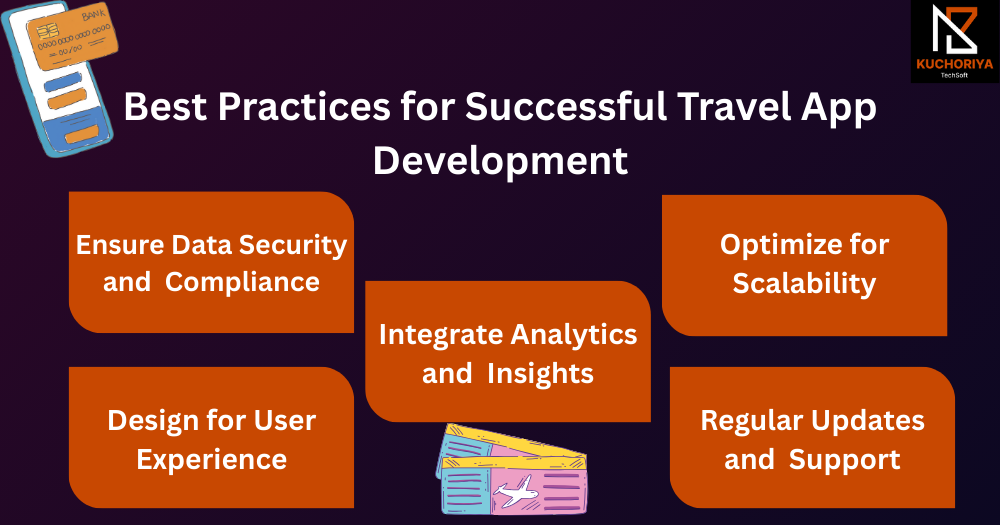
If you want your hotel booking app development project to succeed, follow these proven strategies:
1. Ensure Data Security and Compliance
- Implement end-to-end encryption.
- Stay compliant with GDPR, PCI DSS, and CCPA depending on your market.
2. Design for User Experience
- Minimalist UI with fewer steps to complete booking.
- Fast Loading Speed: Even a 1-second delay can reduce conversions by 7%.
- Personalized Dashboards showing trip history, loyalty points, and recommendations.
3. Optimize for Scalability
- Use microservices architecture so features scale independently.
- Adopt cloud infrastructure (AWS Lambda, Kubernetes) to handle seasonal spikes.
4. Regular Updates and Support
- Constantly update APIs, pricing engines, and security patches.
- Offer multi-lingual support for global travelers.
5. Integrate Analytics and Insights
- Track user behavior, search patterns, and booking drop-offs.
- Use analytics to optimize pricing, promotions, and retention strategies.
The future of travel apps is being shaped by emerging technologies:
1. AI-Driven Personalization
- Apps will use AI to predict user intent, showing tailored flight + hotel bundles.
2. Voice Search and Booking
- Voice-enabled bookings via Google Assistant, Alexa, or Siri will grow.
3. Blockchain in Travel Booking
- Blockchain ensures tamper-proof, transparent bookings and reduces fraud.
- Potential for decentralized loyalty programs.
4. Virtual Reality (VR) Previews
- Travelers can virtually tour hotels and rooms before booking.
- Airlines may offer VR cabin previews for seat upgrades.
5. Sustainability-Focused Apps
- Travelers are increasingly eco-conscious.
- Apps will offer carbon footprint calculators and green hotel recommendations.
6. Super Apps for Travel
- Inspired by WeChat and Grab, travel businesses may offer all-in-one platforms: flights, hotels, ride-hailing, insurance, and food delivery in one ecosystem.
The decision between custom flight booking app development and ready-made travel booking solutions in Los Angeles, California, USA, depends on your vision and resources. If you want quick entry, low cost, and standard features, ready-made solutions work. If your goal is long-term growth, brand identity, and full control, custom solutions are the smarter investment.
At Kuchoriya Techsoft, we specialize in both approaches. From white-label travel booking solutions to fully custom travel app development services, we ensure your business has the right technology, integrations, and strategy to succeed in today’s competitive travel industry.
Ready to transform your travel business? Contact us today to start your next project. Or Partner with Kuchoriya Techsoft for the best hotel and flight booking app development.
Let’s discuss the future of travel together.
Q. What is the difference between custom and ready-made booking apps?
A. Custom travel app development means building an app from scratch with features, unique branding, and scalability. Ready-made travel booking solutions are pre-built platforms with limited customization but faster deployment and lower upfront cost.
Q. How much does it cost to develop a hotel and flight booking app?
A. The cost depends on features, design, and region. A custom flight booking app development project may range from $60,000 – $150,000+, while a ready-made hotel booking app development solution can start from $15,000 – $50,000.
Q. How long does it take to build a custom travel app?
A. A basic hotel and flight booking app development in Orlando, Florida, USA project can take 3–6 months, while advanced apps with AI, loyalty programs, or VR previews may take 6–12 months, depending on complexity.
Q. Can I integrate third-party APIs into a ready-made app?
A. Yes, many white-label travel booking solutions support integrations with popular flight booking APIs (Amadeus, Sabre, Travelport) and hotel booking API providers, but customization is often limited compared to custom apps.
Q. What features are essential for a modern travel booking app?
A. A robust flight booking app or hotel booking app should include: Advanced search and filters, Real-time booking and availability, Secure payments, Multi-language and currency support, Loyalty programs and offers, AI chatbots for support, Geolocation, maps and weather integrations
Q. How can businesses monetize a hotel and flight booking app?
A. Travel apps can earn revenue through commission on bookings, featured listings for hotels and airlines, cross-selling add-ons (insurance, tours, car rentals), and subscription plans for frequent travelers.
Q. Why choose Kuchoriya Techsoft for travel app development?
A. At Kuchoriya Techsoft, we offer both custom flight booking app development services and ready-made travel booking solutions. Our expertise in hotel booking API integration, travel booking system development, and mobile app customization ensures you get a scalable, user-friendly, and revenue-driven app.
HIRE A TOP SOFTWARE DEVELOPMENT COMPANY
We are all over the world
United State
9765 keystone court, Clarence, NY 14031 , USA, +1 (650) 488-7911
Canada
1100 Caven St., Suite PH11, Mississauga, ON L5G 4N3 Canada , +1 (416) 726-4662, +1 (650) 488-7911
Brazil
Bispo César da Corso Filho, 1266, San Carlos, São Paulo, Boa Vista, Brazil, 13575-331
South Africa
12 IbisWay, Sunnydale Fish Hoek 7985 Western Cape, South Africa, +27824507091
Spain
The Fir Tree 119 El Olmillo Residential Area Loranca de Tajuña 19141 Guadalajara, Spain
UAE
Building A2 DDP - Dubai Silicon Oasis - Dubai - United Arab Emirates
Italy
Viale dell'Esperanto, 71, Formia, Italy, Lazio IT
Singapore
01-08 50 Ubi Cres, Ubi TechPark, Singapore, 408568
Hong Kong
Tower 2, Silvercord, Rm 907, 9F, 30 Canton Rd, Tsim Sha Tsui, Hong Kong
Australia
Unit 14G, 3 darling point road, darling point, Sydney, NSW, Australia, 2027
India
C-15, 1st floor, Mahalaxmi Marg, Behind World Trade Park, Malviya Nagar, Jaipur, Rajasthan - 302017
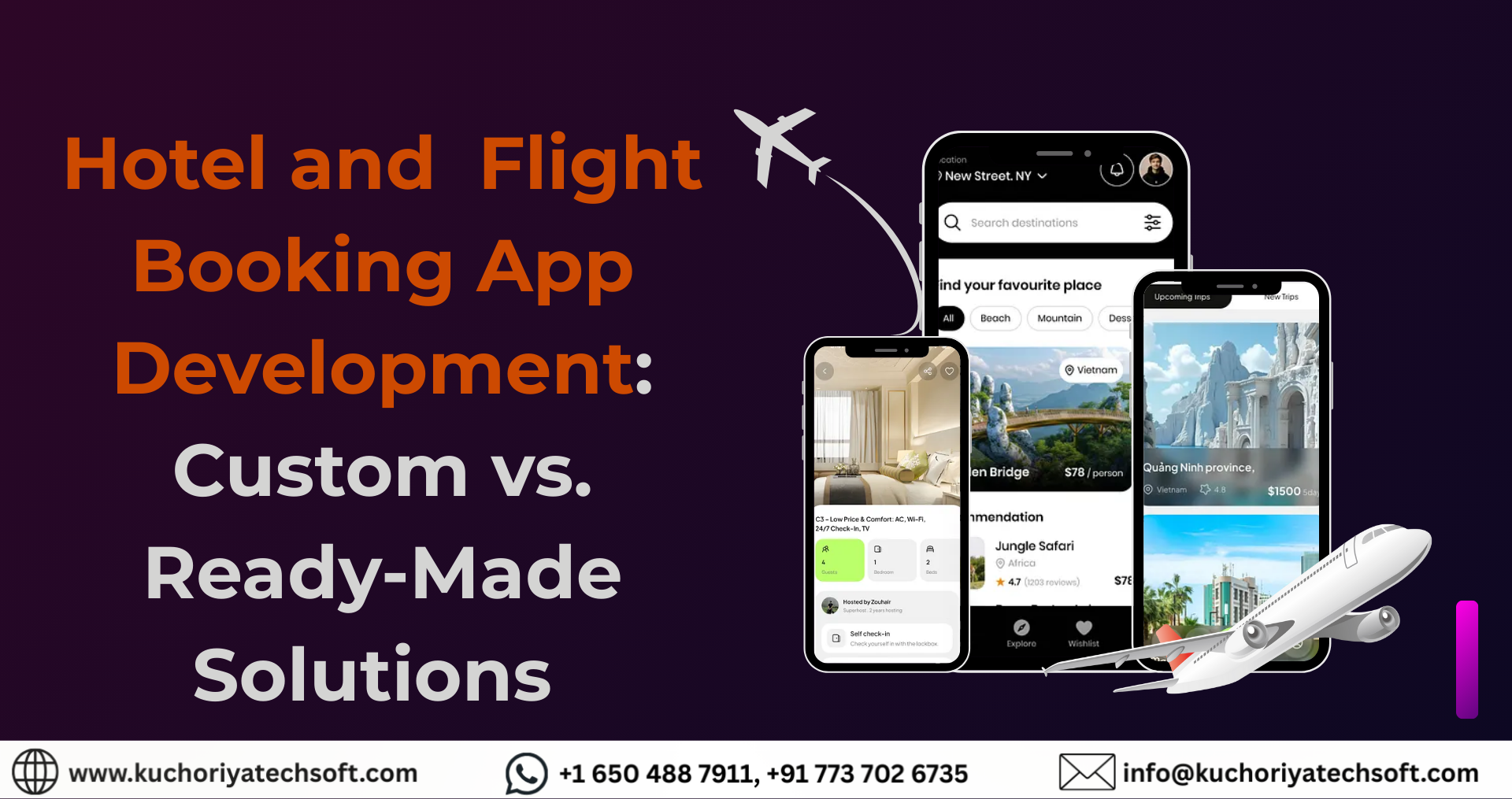

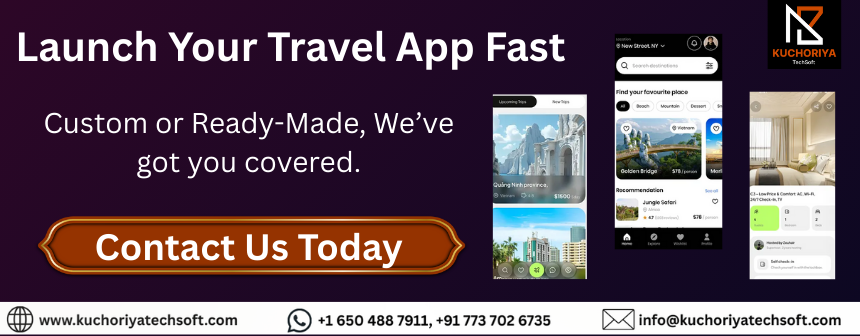



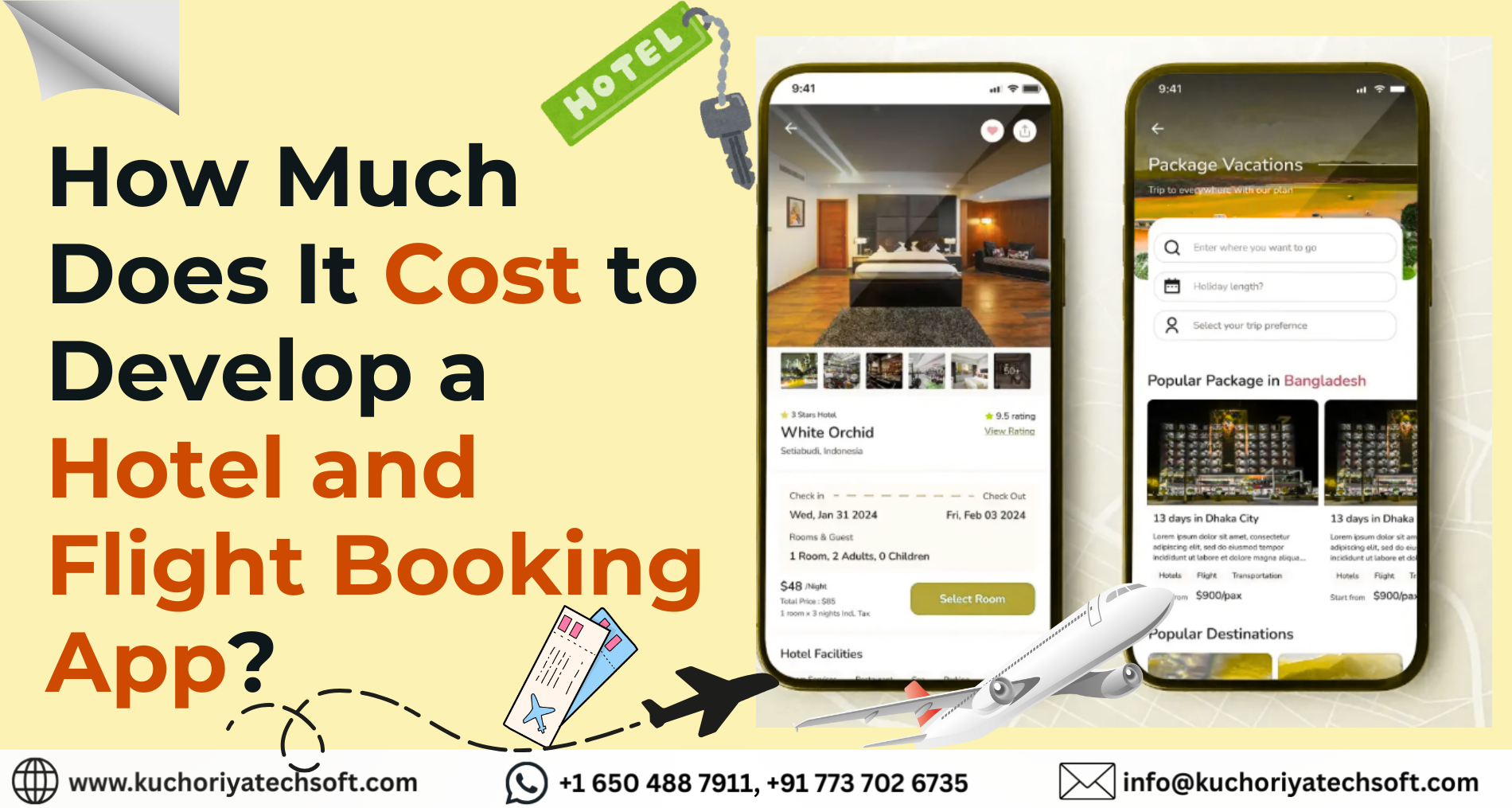
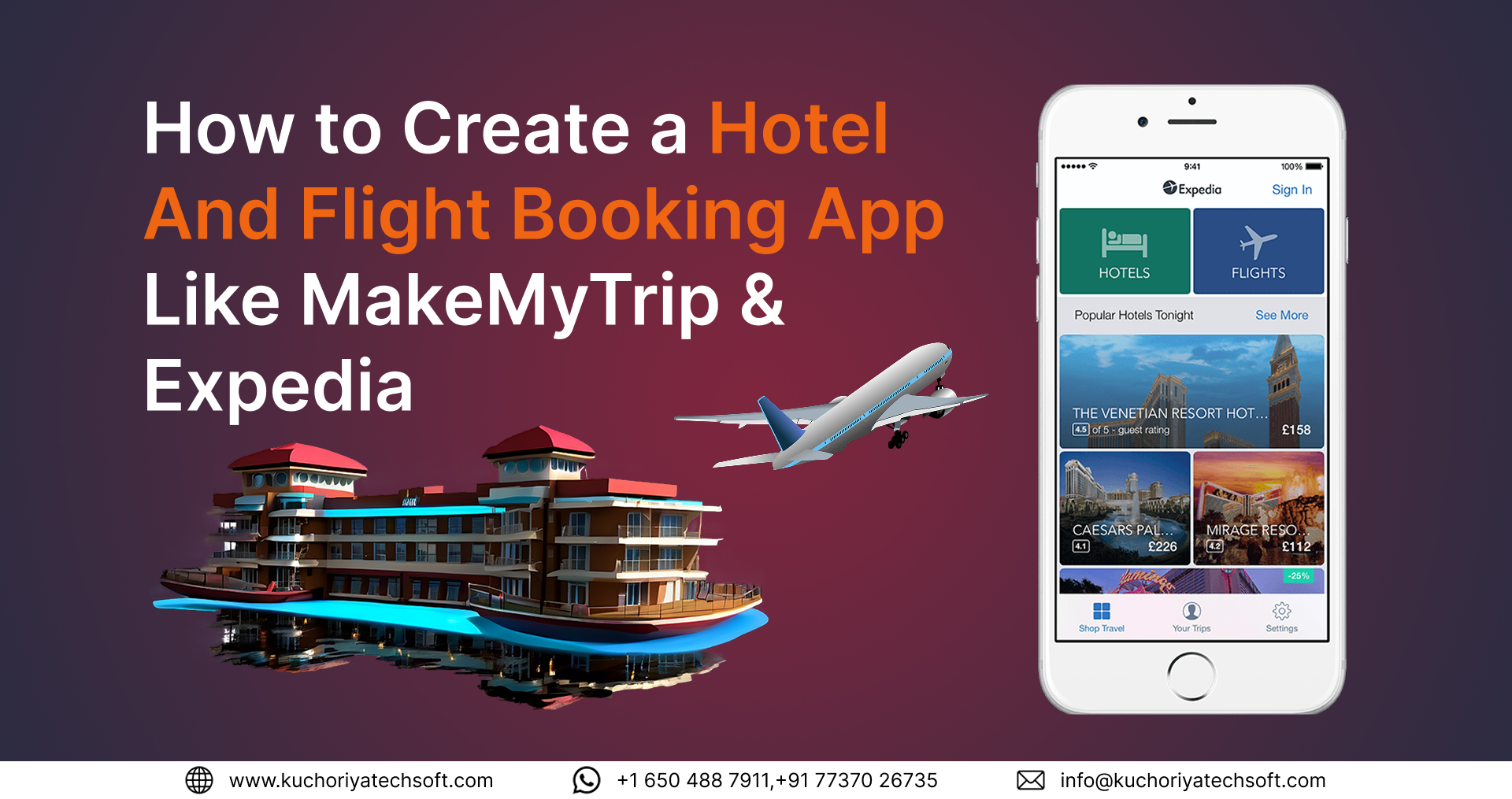
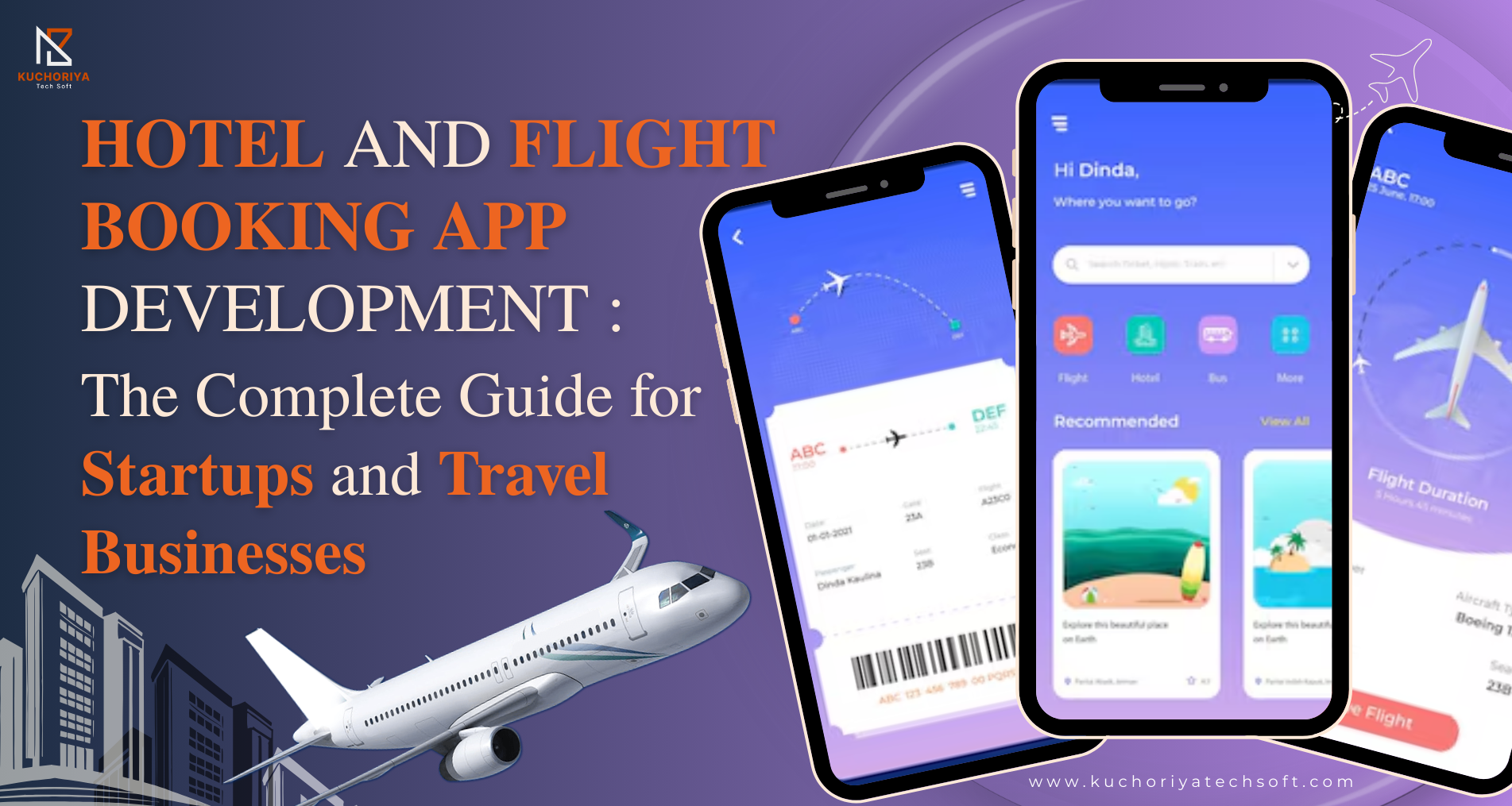







.png)
-Software.png)
